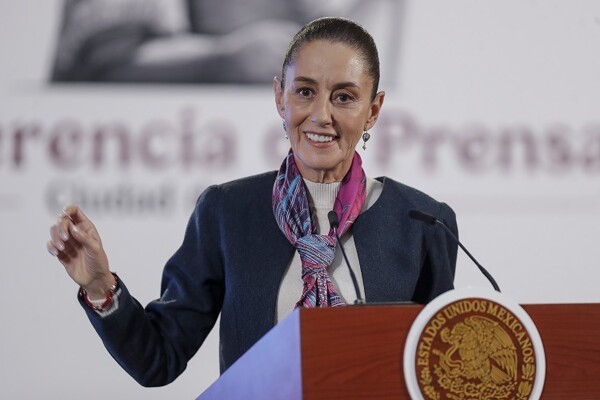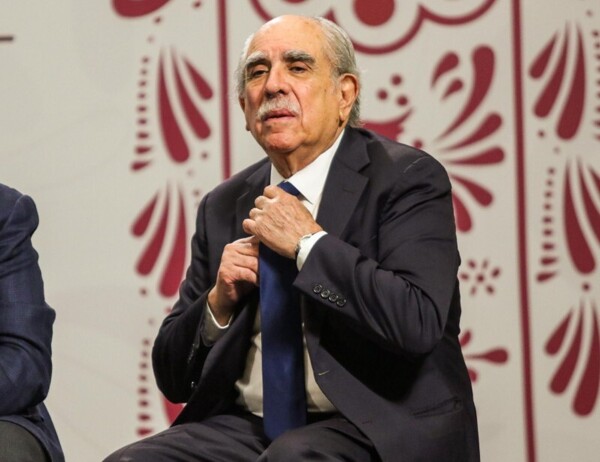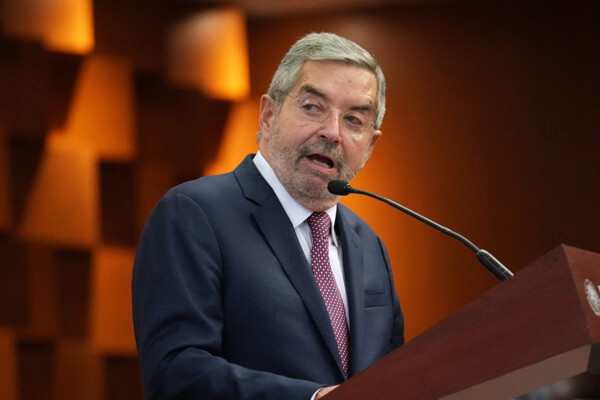
The President of the United States, Donald Trump, has decided to postpone the implementation of universal tariffs of 25% on all Mexican products until April 2. This decision has had a positive impact on the Mexican peso, which experienced an appreciation of 0.78% on Wednesday, trading at 20.29 pesos per dollar in international and interbank markets.
Gabriela Siller Pagaza, Director of Economic Analysis at Grupo Financiero BASE, pointed out that while this postponement has stabilized the peso and reduced the volatility it faced, Mexico is not exempt from potential specific tariffs imposed by the U.S. government. In particular, the possibility of imposing tariffs on copper is mentioned under the national security argument, due to global overcapacity that has impacted the production of this metal in the U.S.
Trump's executive order also includes a request to the Department of Commerce to investigate the need to impose tariffs on copper imports, due to the issues that global overcapacity has caused in the domestic production of this material and its impact on the manufacture of defense systems.
The foreign exchange market has shown greater stability following the announcement of the postponement of the universal tariffs, reversing the volatility that had been observed earlier in the week. The exchange rate between the dollar and the Mexican peso has remained more stable, after the dollar had reached a quote of 20.56 pesos during times of uncertainty.
Despite this pause in the implementation of general tariffs, the United States could still impose specific tariffs on products such as steel, aluminum, automobiles, and Mexican pharmaceutical products. The date of March 4, initially scheduled for the entry into force of the universal tariffs, has been postponed, providing some relief to the Mexican economy amidst trade uncertainty with its northern neighbor.














